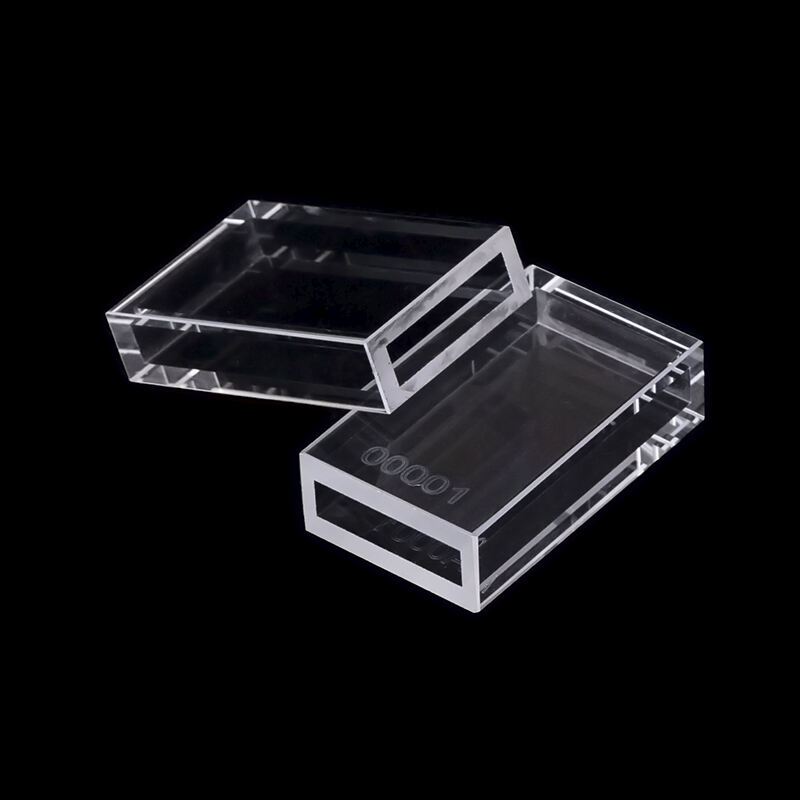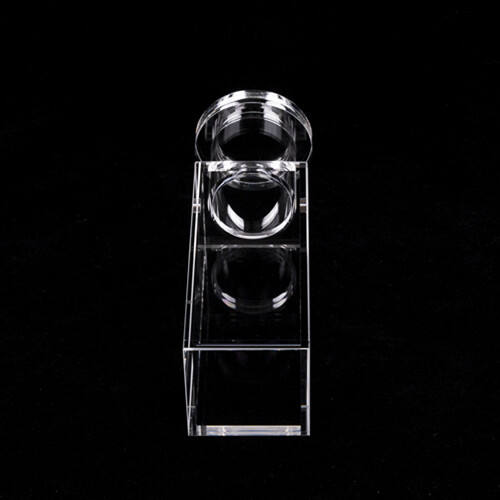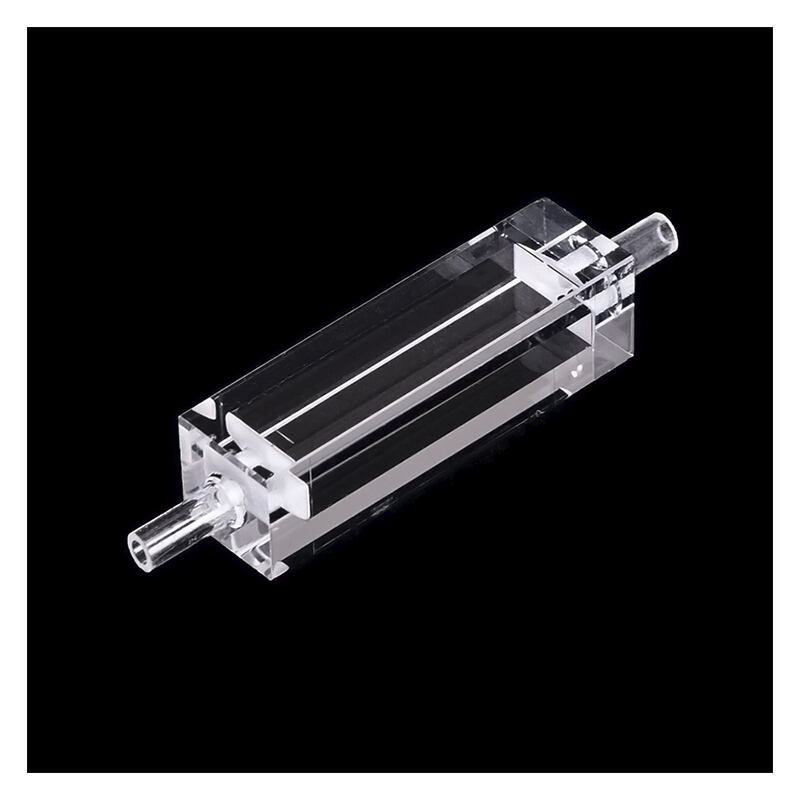Have you ever wondered how scientists determine the surface charge of small particles? They do it with a device called a zeta potential cuvette. A zeta potential cuvettes is a tiny clear case that allows scientists to observe the behavior of charged particles in a variety of liquids. This is a handy tool science has, since it helps scientists to closely observe how particles interact with their surroundings. These interactions are an important aspect to figure out for many scientific studies, particularly in medicine.
Ions are particles that have a charge on the surface. An ion can be positively or negatively charged, similar to how one side of a magnet will attract while the other side repels. For example, if a zeta potential Cuvettes is used, scientists fill the cuvette with liquid containing particles. Then, the scientists measure tiny details: the voltage, a measure of the electrical so-called force, between the particles and the liquid, using a tiny probe. This measurement allows scientists to know how the particles will react in various conditions.
Zeta Potential Cuvettes are very useful for the researches in the medical platform. This allows scientists to visualize how various liquids alter the charge on particles using a zeta potential cuvette. This is important because it teaches them how the medicines and other substances will behave in our bodies. For instance, knowing how charged a medicine is can help scientists learn how well it will dissolve and how it will behave with cells in the body. And this knowledge is critical to be able to design better therapies for a range of diseases.

Jinke Optical Zeta potential cuvette is profoundly helpful in various ways but you need to select the zeta potential cuvette carefully for most accurate results. Depending on the nature of the particles and liquids, there are special cuvettes available for analysis. When choosing a zeta potential cuvette, consider the following aspects. You will also want to think about the size and shape of the particles, the pH of the liquid, which indicates how acidic or basic it is, and the temperature of the solution. These factors can influence the performance of the cuvette and the reliability of the results.

The particles' zeta potential is also extremely significant in maintaining colloids in a stable state. Colloids are the type of mixtures with small particles that remain mixed in a liquid from which they cannot be separated (e. g. Paint, milk). If the zeta potential of the particles in a colloid is high enough, they will repel each other, and be suspended in the liquid. That is, individual cells won’t aggregate and sink to the bottom. It is critical for many products, particularly in food and medicine, that particles remain suspended so that they function correctly and retain their safety for consumption.

For medicine, science and many of the types of zeta potential cuvettes, Jinke Optical has many types available. Over the surface charge of tiny particles, or with a view to the role of zeta potential in colloid stability, our cuvettes provide great accuracy and reliability. There are various types of zeta potential cuvettes made out of different materials such as quartz, plastic, and glass. Choosing the right one ensures that you get the best results from your experiments, each has its pros and cons.
With more than 50 years of R&D and manufacturing experience, Jinko Optics has accumulated rich technical and practical knowledge in the field of spectral accessories. For a long time, focusing on the research and development of core products such as cuvettes, flow cells, optical components, and vapor cells has not only improved the company's technical position in the industry, but also enabled the company to quickly respond to various complex application requirements. The accumulation over the years has helped the company to continue to innovate and always be at the forefront of the industry.
Jinko Optics can provide fully customized solutions for the specific needs of different industries and customers. Whether it is drawings and samples provided by customers or personalized needs for special application scenarios, Jinko Optics can accurately design and produce optical components that meet the requirements. This flexible customization capability is particularly suitable for the precise needs of scientific research institutions, laboratories and specific industries. In addition, the company's rapid response to market changes and customer needs can ensure that customers always get the latest and most suitable technical support and products.
As the drafting unit of the national standard for cuvettes, Jinko Optics has very high standards for product quality. Every cuvette and optical component produced by the company follows the ISO9001:2016 standard, strictly controls every link in the production process, from the selection of raw materials to the factory inspection of finished products, to ensure that every product meets high quality requirements. In addition, it has 6 invention patents and 16 utility model patents, reflecting the company's continued investment in technological innovation and process optimization, so that the products not only have excellent performance, but also have unique market competitiveness.
Jinko Optics is committed to providing customers with high-quality products with high cost performance. By optimizing production processes and management processes and reducing production costs, the company can provide more favorable prices while ensuring the excellent performance of products in quality and function. In addition to the excellent quality of the products themselves, the company also pays special attention to after-sales service, providing timely technical support and professional solutions to ensure that problems encountered by customers during use are quickly resolved. This customer-oriented service concept enables Jinko Optics to stand out in the fiercely competitive market and win the trust and praise of a wide range of customers.